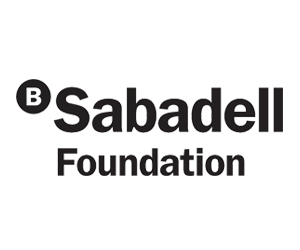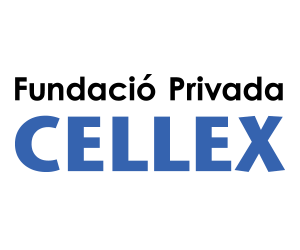
The SensMOF project received a 2019 BIST Ignite Grant at the annual BIST Ignite Awards Ceremony held in March 2020.
Project overview
Enantiomers (optical isomers) are chiral molecules with the same composition of atoms, but arranged as mirror-images. This feature causes them to have the same physicochemical properties but to exhibit completely different behaviours in certain biochemical processes, for example when used in drug development or when designing strategies to eliminate pollutants containing enantiomers. The only way to distinguish between enantiomers is through their different interaction with polarized light, and currently the only technique available to identify and separate them is chromatography, an expensive and slow process. Industrial-scale purification of enantiomers is a challenge for the pharmaceutical industry. The SensMOF project, led by Dr. Leyre Gómez Navascués (ICN2) and ICREA Professor José Ramón Galán-Mascarós (ICIQ), will work on a solution by creating new optical nanosensors that integrate the enantio-separation capabilities already demonstrated by the so-called homochiral metal-organic frameworks, compounds composed of metal ions and organic ligands. The project will combine the expertise of the two participating teams to create a scalable prototype that addresses the current industrial challenges of scalability and process cost.
Multidisciplinarity within SensMOF
This is a multidisciplinary project which we expect will bring ground breaking advances in nanotechnology, materials science, chemistry, photonics, and analytical sensors, along with potential impact in chemical industries and pharmaceutical processes. The objectives cannot be tackled individually by the participating groups. Expertise in photonic nanosensors and nanoprocessing of materials will come from the ICN2 team and knowledge about enantioselective recognition and separation with homochiral MOFs from the ICIQ group. ICIQ will lead the nanostructuration of homochiral MOFs and the processing of these nanoMOFs as thin films. ICN2 will lead the integration on photonic nanosensors and the development of sensing protocols. The nanostructuration and processing techniques for thin films will benefit from the expertise of ICN2 on MOF miniaturization, and thin film characterization, assuring future compatibility with device implementation. The sensing experiments will need the input from ICIQ, to understand and validate the recognition experiments once the MOF is decorating the sensor surface.
Project members
Leyre Gómez Navascués
ICN2 Postdoctoral Researcher & PROBIST Fellow
Project Leader

José Ramón Galán-Mascarós
ICIQ Group Leader & ICREA Professor
Project Leader

ICN2 Postdoctoral Researcher

ICN2 Postdoctoral Researcher

ICN2 Group Leader

ICN2 Group Leader & ICREA Professor

ICIQ Group Scientific Coordinator

ICIQ PhD Student















